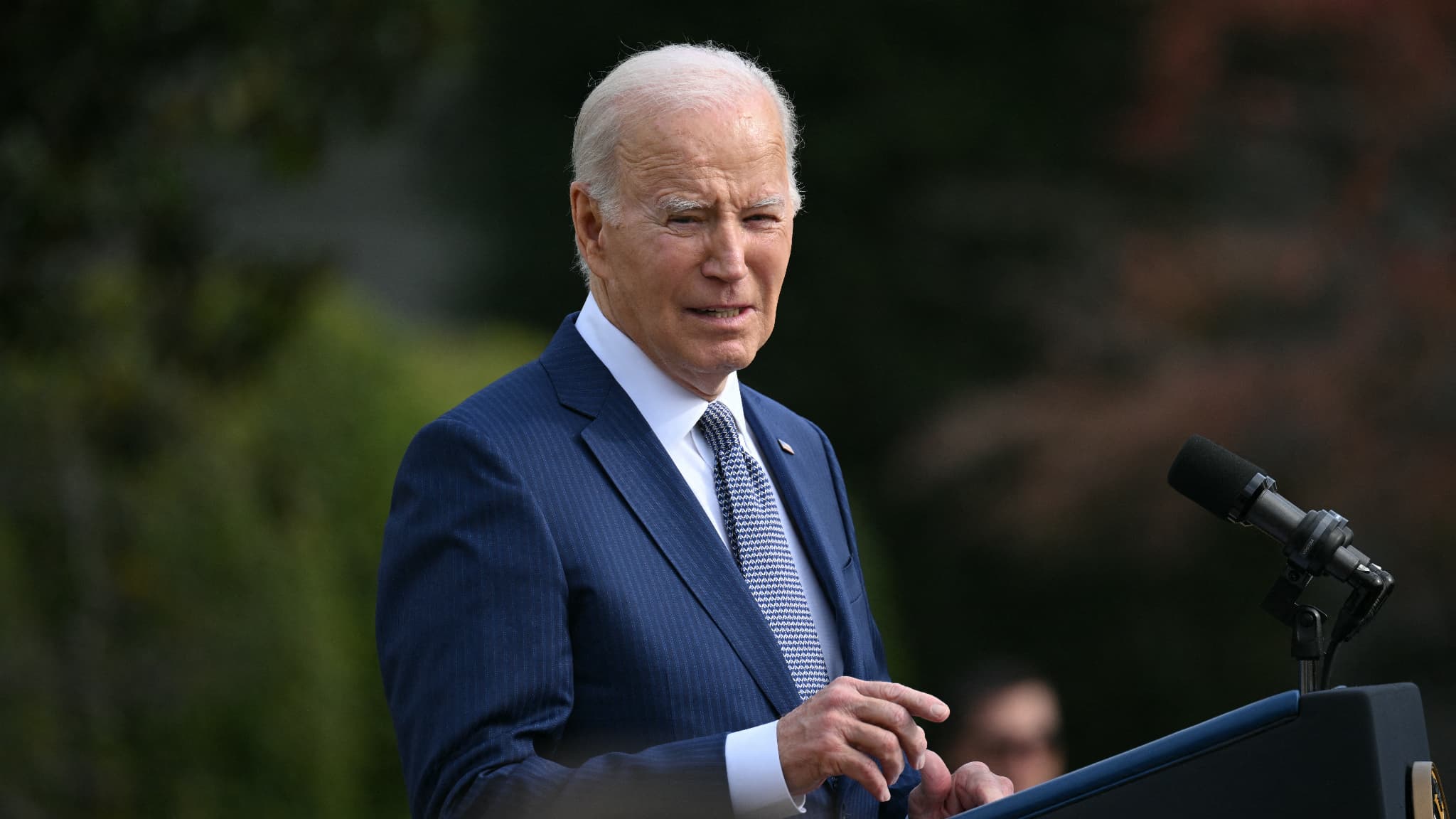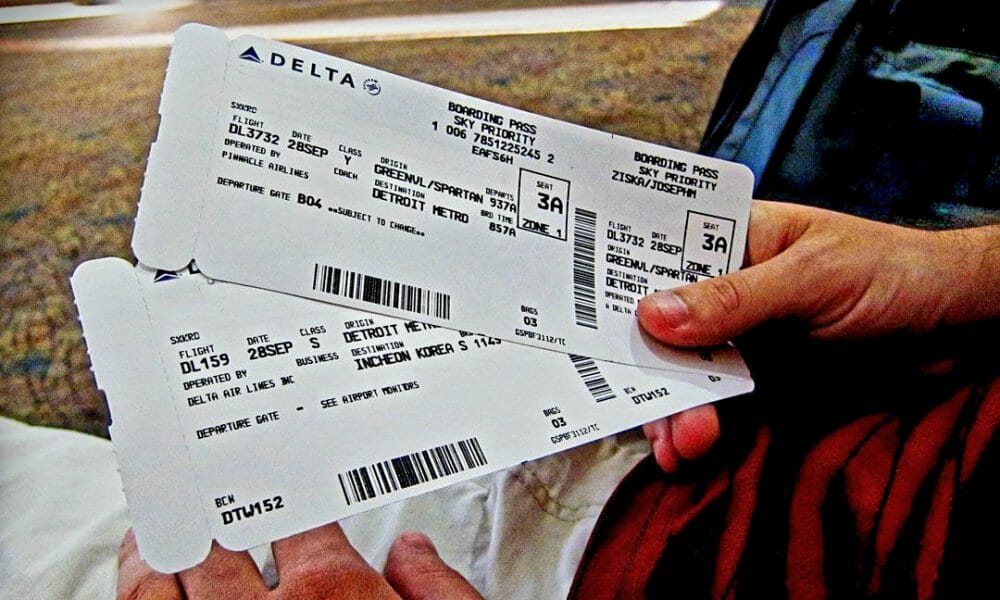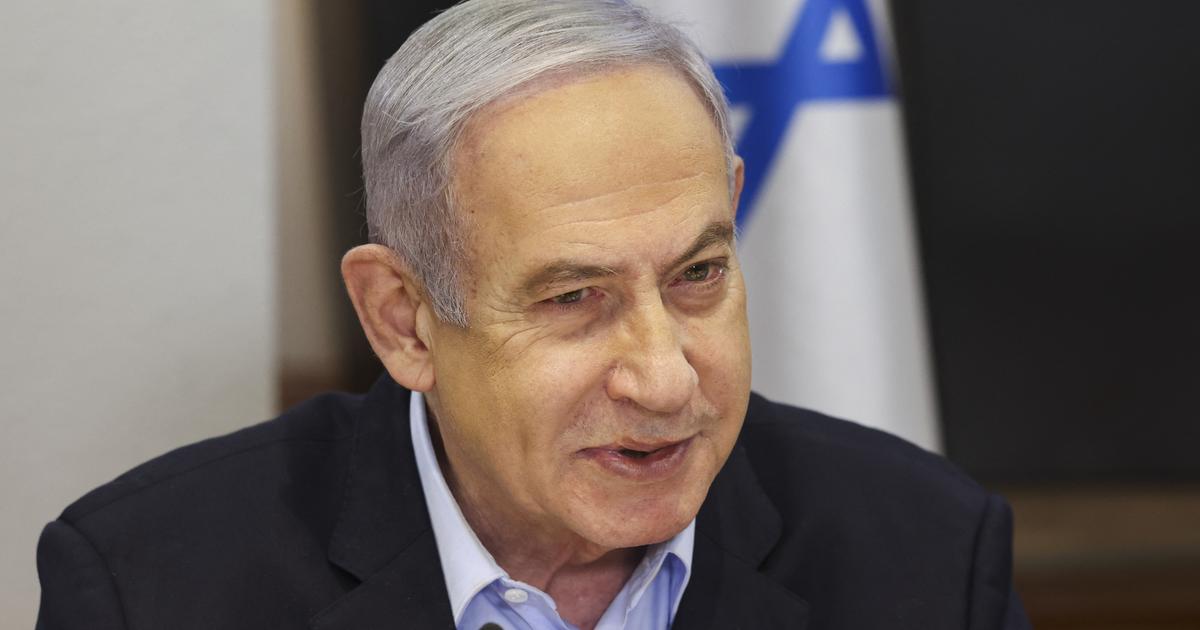The matter of confiscation of property again creates tension

Yet another episode reignited tensions between Algeria and Morocco. Algiers on Sunday condemned the “provocation” from Rabat following the publication of information in the press about plans to seize the Algerian embassy’s properties by the kingdom.
Published on:
5 minutes
Relations between Algeria and Morocco are still not in good condition. After a nearly three-year complete break in their diplomatic relations, the two countries are once again at loggerheads. This time the subject of the dispute relates to Rabat’s proposed seizure of Algerian embassy property.
According to information from the Maghreb Intelligence site published on Friday March 15, the Moroccan government has decided to confiscate several real estates and land properties belonging to the state of Algeria “in the Moroccan capital” for the purpose of expanding the reporting service premises to the ministry. Foreign Affairs in Rabat. Authorities have not made any official announcement on the matter and Moroccan diplomacy could not be reached for comment by AFP.
“Unspeakable Violation”
Algiers reacted strongly to this project. “Algeria condemns this spoliation operation in the strongest terms,” Algeria’s foreign ministry wrote in a statement on Sunday, adding that Algiers “will respond to these provocations in all ways it deems appropriate.” .
Algeria believes that “there is an unspeakable violation of the duty of respect and protection with respect to diplomatic representations of sovereign states which is protected by both international law and custom”, the ministry continued. The act is “in violation of civilized international practices” and “seriously violates the obligations of the Vienna Convention on Diplomatic Relations which (in Morocco, editor’s note) require respect and protection in all circumstances for embassies on its territory.”
According to the Moroccan daily Assabah, quoted by the website Le 360, “The draft decree concerning the confiscation of property acquired by the Algerian Republic was published in the March 13 edition of the official bulletin dedicated to legal, judicial and administrative declarations. The draft decree clearly mentions that, Due to the expansion of the administrative premises of the Ministry of External Affairs, it was decided to initiate the process of acquiring the land required for the construction of this new outbuilding.”
Asked by this daily, political scientist Abderrahim Manar Slimi, president of the Atlantic Center for Strategic Studies, explained that “the decision to expropriate is a sovereign decision of the Moroccan state, even if the land and immovable property subject to this decision belong to Algeria. The state. The decision is transparent and the law that shall come into effect as provided.” The academic also clarified that the confiscation process is in no way related to the headquarters of the Algerian embassy, but to properties located around the headquarters of the Ministry of Foreign Affairs, which is “a bit of a stretch given the importance of the state. As a regional power.”
According to the site Afrik.com, this Moroccan decision may be a response to the recent authorization given by Algeria to open an office of the Rif National Party (PNR) in Algiers. “This party, however, is described as ‘separatist’ by Morocco. And Rabat saw this Algerian decision as interference in its internal affairs”, mentions this site on African news.
Influence sport in the Sahel
For political scientist Khadija Mohsen-Finan, this new episode of tension also occurs in a specific period. “There is a loss of Algerian influence in the Sahel that benefits Morocco. Mali recently terminated the Algiers Agreement signed in 2015,” underlines this Maghreb expert, a teacher at the Sorbonne University. In late January, the ruling junta in Mali announced the termination of the landmark Algiers Agreement signed with northern independence groups, which had long been considered essential to stabilizing the country. Way to sideline Algeria, the main regional mediator on this highly sensitive issue.
For its part, Rabat “moved forward” in the region, as Khadija Mohsen-Finan recalls: “On December 23 there was a meeting in Marrakech during which Morocco invited the four Sahel countries (Burkina Faso, Mali, Niger and Chad, editor’s note) and offered access to the Atlantic through Dakhla. These four countries were grateful and showed their closeness to the empire.” In other words, by offering a sea route to these landlocked countries, Morocco is putting down its pawns and working to reduce the influence of its Algerian rival in the region.
This new episode is part of “recurring tensions between the two countries” and “in terms of the breakdown of their relations”, Khadija Mohsen-Finan sums up. Algiers effectively severed diplomatic ties with Rabat in August 2021, condemning a series of “hostile acts” by its neighbor, particularly regarding Western Sahara and normalization with Israel. The Western Sahara conflict, considered a “non-autonomous region” by the UN in the absence of a definitive settlement, has for decades pitted Morocco against the Polisario Front, of which Algeria is a key supporter. Rabat, which controls about 80% of Western Sahara, is proposing an autonomy plan under its sovereignty, while Polisario separatists are demanding a self-determination referendum, organized by the UN in 1991 when a ceasefire was signed. .
Every year, during his traditional speech marking the anniversary of his accession to the throne, Mohammed VI calls for reconciliation between the two neighboring countries. Last July, Morocco’s king called for a “return to normalcy” with Algiers. But for Khadija Mohsen-Finan, these extraordinary relationships are not going to improve: “There is no glimmer of hope. It goes on for a long time. It’s been 60 years,” she concludes.
with AFP






